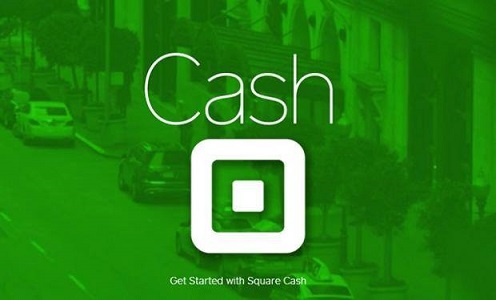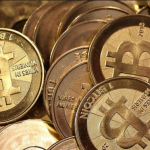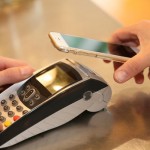Can Mobile Apps Replace Our Bank Accounts?

In the past few years we’ve gotten used to the concept of digitized money. In large part this is because of the actual cryptocurrency movement, which has introduced things like bitcoin and ethereum, and has some believing that cryptocurrency will actually replace fiat currency in due time. Arguments as to how this might happen remain varied, and concern the value of cryptocurrencies, their decentralized nature, and the anonymity of payments. However, they also concern the fact that placing all of one’s wealth in cryptocurrency effectively provides full control over a financial account.
That is to say, a bitcoin wallet can effectively become your bank account if you determine to trust your finances to cryptocurrency. You’ll have full access to your money at all times, and you won’t be vulnerable to any kind of corruption or crash in a banking system. At least in words, it’s easy to see why this is so appealing to people. However, it might not only apply to cryptocurrencies anymore. The way things are trending, we might actually soon be looking at regular mobile payment apps as substitutes for bank accounts.
PayPal is probably the first service that will come to mind when we say that. One of the earliest online payment platforms to gain popularity, it may seem like something of a relic if you haven’t used it or engaged with it recently. Some may even be under the impression that Venmo more or less replaced it (and it did for a time seem to become the preferred service for peer-to-peer transactions). But the truth is PayPal owns Venmo, and has become a more comprehensive service on its own.
PayPal has a long history as a trusted online payment service, and if anything has actually branched out. PayPal is now used as one of the best online payment methods for gaming sites in Europe, for instance, and has also become a preferred platform for freelancers and other people working online. The services now allows for things like sending invoices to clients and tracking income, such that it can actually be a very convenient place for keeping track of your income and expenditures.
Meanwhile, one of PayPal’s biggest competitors – the Cash App – seems to be taking proactive steps specifically to become an alternative to a traditional bank account. It originally emerged as Square Cash, and was effectively an alternative to PayPal and Venmo as a system for peer-to-peer payments. But an aggressive ad campaign and an incredibly attractive user interface helped it excel early on, and it’s now branching out in some very interesting ways.
We learned not too long ago that the Cash App would be introducing its own debit card, which in actuality is more of a prepaid spending card. Regardless, it’s a fascinating move that takes one of the basic functions of an ordinary bank account (that you get a debit card) and links it to the app. Additionally, Square recently announced that the Cash App would be able to support direct desposits for your paycheck – another function we typically tie to bank accounts.
Whether or not it’s wise at this point to trust a mobile app the same way you would ordinarily trust a bank is an open question. But services like PayPal and Square are certainly trying to move us in that direction, and more people appear to be going along.





























